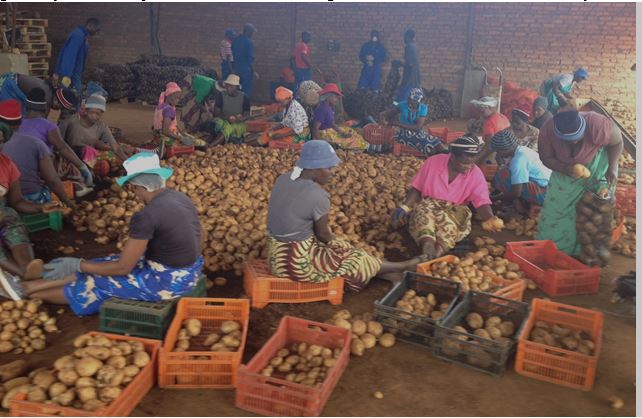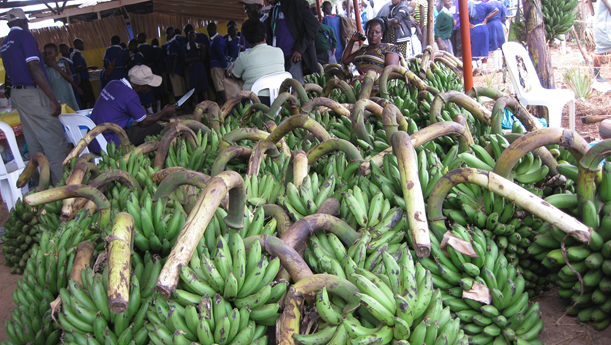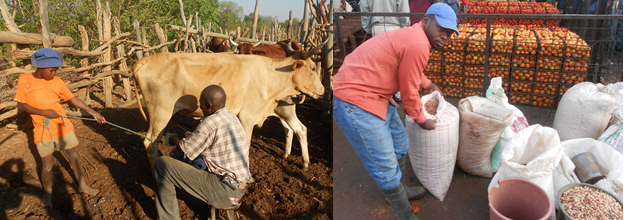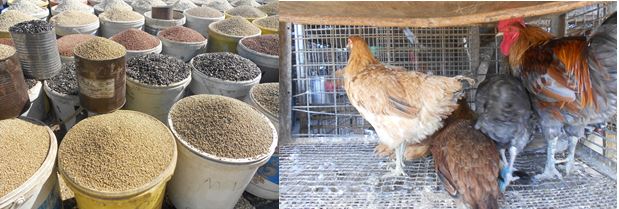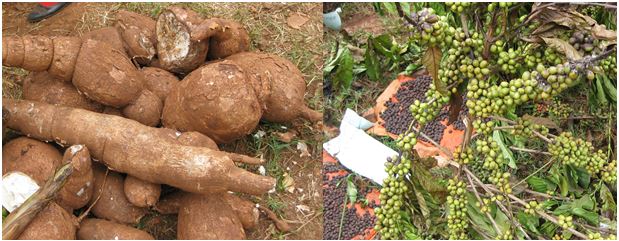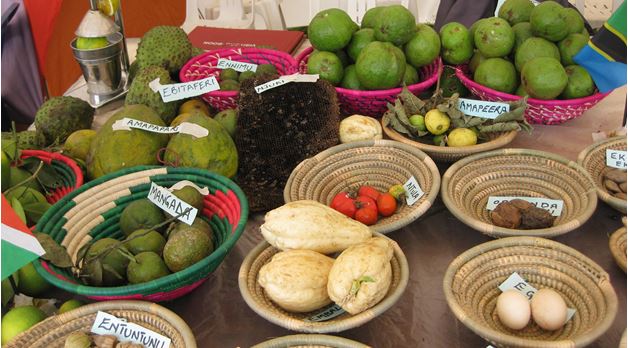Recognizing the role of feminine traits in local economies
Another way of increasing the relevance of International Women’s Day which is celebrated on the 8th of March every year is to notice and reflect on how female traits and values play out at grassroots level. If it wasn’t for the presence of feminine traits like empathy, humility, intuition, flexibility, inclusiveness, generosity, balance and patience, Read more about Recognizing the role of feminine traits in local economies[…]

